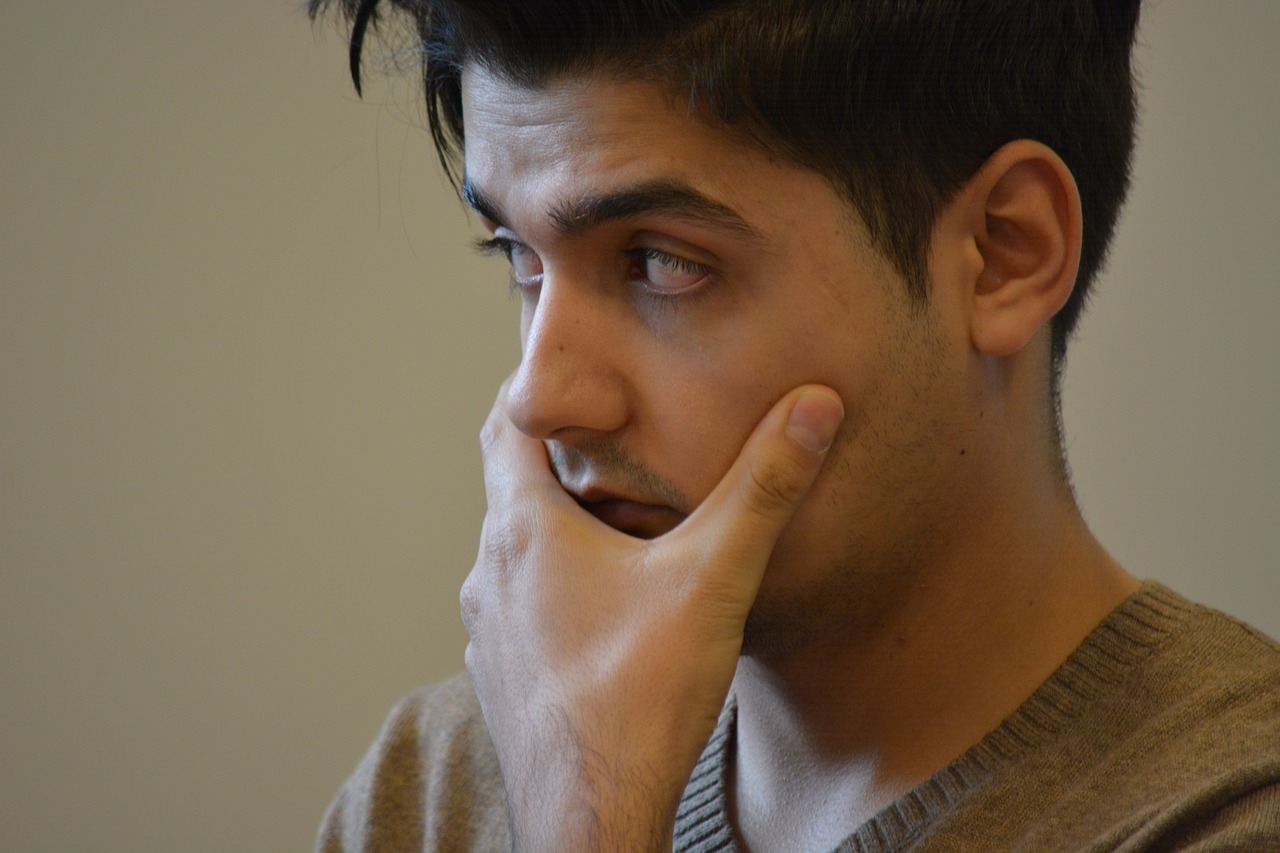Skepticism, also spelled as scepticism, is the attitude of doubting the knowledge in western philosophy. The followers of skepticism are known as skeptics. They started the movement of skepticism challenging the adequacy and reliability of the claims. They asked about the principle they are based on and what was the reason behind establishing such principles. They have questioned the claims if they are necessarily true, alleged, or indubitable.
In everyday life, everyone is skeptical to some extent. The philosophical skeptics have doubted the knowledge beyond the directly felt experiences and the possibilities. Skeptikos in Greek means an inquirer. Someone unsatisfied with the principle and still looking for the truth.
Senses and Applications
Skepticism developed on various disciplines in which people claimed to have knowledge. It was questioned by the skeptics that if it was possible to gain certain knowledge in metaphysics. It is a study of basic nature, elements of reality, and structure. In ancient times, a main form of skepticism was medical skepticism. They questioned that how one could certainly have the knowledge of causes or cures of disease.
In ethics, the skeptics had doubts about accepting various mores and customs. They were questioning the basis for making a judgment of value. The skeptics of religion were questioning the doctrines of different traditions. Kant and his Scottish contemporary Davide Hume stated the no knowledge can be gained beyond the experience of the world. one cannot discover the real causes of their experience phenomena.
A dominant form of skepticism concerns knowledge and questioning. It is about knowing completely or adequate certainty about any area of field or subject. This type is known as epistemological skepticism.
Ancient Skepticism
In the west, around the 5th century BCE, there were philosophical skeptical attitudes among Greeks. The philosophers of the Greek city of Elea in Italy, also known as Eleatic philosophers rejected the existence of plurality and change. The conceiving of reality as a static one, they denied that the reality could be described by ordinary experience.
Heraclitus and his pupil Cratylus had a school of thought that the world is in a state of flux that no unchangeable or permanent truth could be found. Xenophanes, a poet, and philosopher doubted if humans could distinguish the truth from the false knowledge.
Socrates portrayed in the early dialogues of his pupil Plato was that Socrates used to doubt and question the knowledge claims. In the Apology, he admits that all that he knows is that he knows nothing. Sophist Protagoras, the enemy of Socrates contended that the man is the measure of all things.
First School of Skeptical Philosophy
Plato found the first school of skeptical philosophy in the 3rd century BCA. It was known as Academic Skepticism. Arcesilaus and Carneades, the leaders of skeptical doctrines of Socrates, set for the series of epistemological arguments. It was a challenge to the primary schools of Stoicism and Epicureanism. It was the limited Academy of skepticism until the 1st century BCE. The roman philosopher and orator Cicero was a student of this academy.
Later on, Cicero had his Academica and De Natura Deorum is the main source of modern knowledge of skepticism.
Medieval Skepticism
In the late Roman Empire, Pyrrhonism was ended as a philosophical movement because of religious concerns. In the Christian middle ages, the main skepticism form was academic. It was described by Augustine’s Contra Academicos. Augustine found Cicero’s views attractive before they converted from paganism to Christianity. He characterized the philosophy as faith seeking understanding. It was based on medieval discussions.
In Islamic Spain, a form of antirational skepticism was developed among the Muslim and Jewish theologians. Al-Ghazali was an Arab theologian of the 11th and 12th centuries. His Jewish contemporary Judah ha-Levi who was a poet and physician and as well as a philosopher challenged the skepticism against the contemporary Aristotelians. It was done to lead the people to accept religious truths based on mystical faiths.
In Islam, the view of the truth and acceptance is based on faith, rather than reasoning and evidence. It is a doctrine known as fideism, which was adopted by the late medieval German cardinal and philosopher.
Modern Skepticism
Modern skepticism emerged as a form of Okhamite medieval views. It was the main source for the rediscovery of classic skepticism. In the 15th century, Greeks brought the texts of Sextus Empiricus from the Byzantine Empire to Italy. Before the texts of Sextus Empiricus, there was a little tradition known as Pyrrhonian tradition in the Middle Ages. Sextus Empiricus was an ancient Greek philosopher and historian who produced the texts of Sextus Empiricus with an extant comprehensive account of Greek skepticism.
During the Reformation and Counter-Reformation, the controversies of doctrine between Protestants and Roman Catholics raised the fundamental issues of Epistemology. It was about religious knowledge with bases and criteria.
How do you develop skepticism?
You can develop healthy skepticism in your life by measure the numbers and use them for improvement. You have to avoid subjective judgments where it is possible. The data available sometimes does not provide the whole story but it can develop a solid foundation for concluding. Then examine your data. Ask yourself if you are wrong. Examine both potential sides of assumptions. Know the unknowns in a project or endeavor. If there is missing data, get yourself aware of it and the new information will help you to react.
For example; if you are making a decision about your career, then you will be thinking that will you enjoy that work? What challenges would your job bring to you? How will you succeed in your job? Etc.
Removing the arrogance that comes from the certainty of knowing the right thing is a part of healthy skepticism. Some assumptions are fundamental. Doing an exercise daily keeps you healthy, look for the things which go against the exercise and you stop doing it daily.
Is skepticism a good thing or a bad thing?
Being skeptical is not a bad thing but a healthy skepticism in professional life is essential to fight or avoid the frauds in your daily life. Carl Sagan, an American astronomer, and author says that skeptical scrutiny is means of deep thoughts that can be winnowed from deep nonsense. The few steps you can take to increase the professional skepticism is by:
- Playing the role of independent review of your assumptions
- Resisting the complacency
- Alerting yourself to the pressure
- Understanding the source of evidence
- Acquainting yourself about the relative reliability of shreds of evidence
How does skepticism help you as a thinker?
When you develop a healthy skepticism, you train your mind in a way that you start doubting other people’s claims. You argue with them using your logic and intuition. It does not only help you to be a better thinker but also helps you to rely on logic and intuition. You train your mind to view a variety of standpoints in a debate. You develop a better understanding of the problem.
Benefits of skepticism
While performing a scientific inquiry, skepticism helps the scientists to remain objective. It makes you examine the claims of others and yours. When you come to a result, you have enough evidence and experiences as a back to prove the scientific research.
Verdict
This article explains skepticism and the various era it has gone through. One should be a skeptic in their professional life to thinking out of the box. It helps you to debate with one another on various logics and intuitions. Healthy skepticism should be adapted rather than being a skeptic of negative energy!


